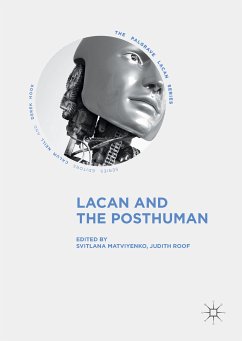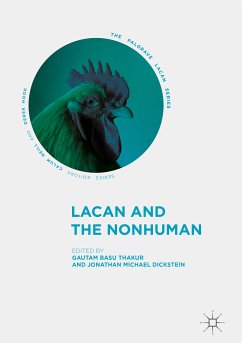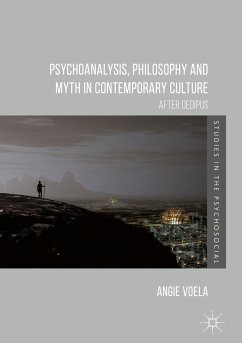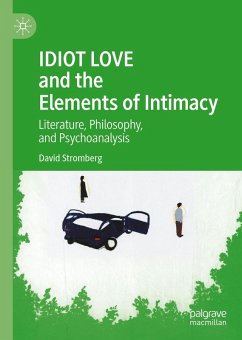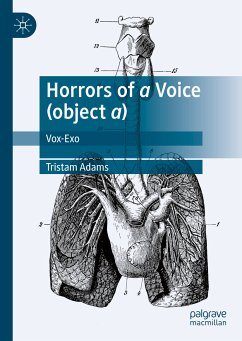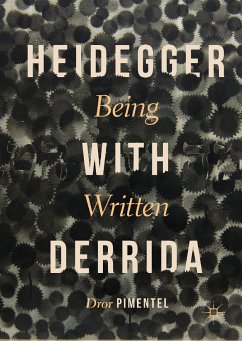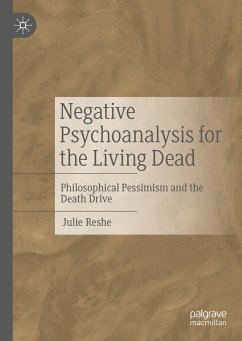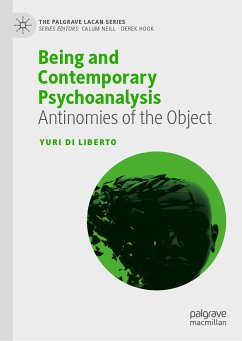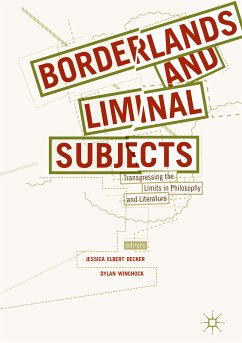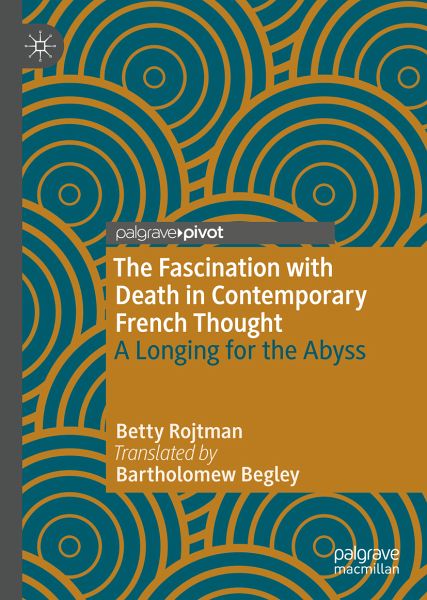
The Fascination with Death in Contemporary French Thought (eBook, PDF)
A Longing for the Abyss
Übersetzer: Begley, Bartholomew
Versandkostenfrei!
Sofort per Download lieferbar
48,95 €
inkl. MwSt.
Weitere Ausgaben:

PAYBACK Punkte
24 °P sammeln!
This book analyses a cultural phenomenon that goes to the very roots of Western civilization: the centrality of death in our sense of human existence. It does so through a close reading of seminal works by the most creative authors of modern French thought, such as Maurice Blanchot, Jacques Lacan, and Jacques Derrida. These works encode an entire ethics of postmodernism. Betty Rojtman offers the reader a prism through which to see anew the key issues of the twentieth century: tragedy, finitude, nothingness-but also contestation, liberty, and sovereignty. Little by little we understand that thi...
This book analyses a cultural phenomenon that goes to the very roots of Western civilization: the centrality of death in our sense of human existence. It does so through a close reading of seminal works by the most creative authors of modern French thought, such as Maurice Blanchot, Jacques Lacan, and Jacques Derrida. These works encode an entire ethics of postmodernism. Betty Rojtman offers the reader a prism through which to see anew the key issues of the twentieth century: tragedy, finitude, nothingness-but also contestation, liberty, and sovereignty. Little by little we understand that this fascination with death may be just the other side of humankind's great protest, its thirst for the infinite and its desire to be. Finally, Rojtman tries to offer another view on these fundamental questions by shifting to a parallel cultural reference: Kabbalah.
Dieser Download kann aus rechtlichen Gründen nur mit Rechnungsadresse in A, B, BG, CY, CZ, D, DK, EW, E, FIN, F, GR, HR, H, IRL, I, LT, L, LR, M, NL, PL, P, R, S, SLO, SK ausgeliefert werden.



